News Desk
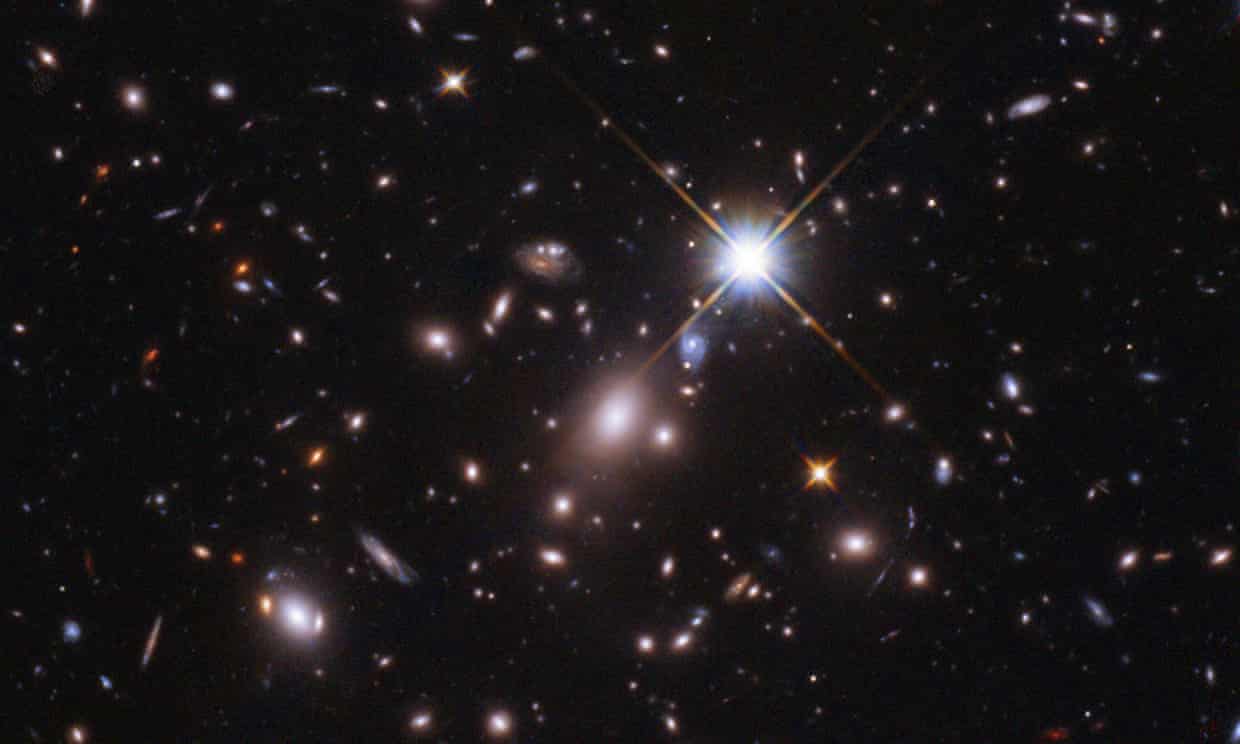
The most distant star ever seen has been captured by the Hubble space telescope in images that appear to give a remarkable glimpse into the ancient universe.

Helium-3, a rare isotope of helium gas, is leaking out of Earth’s core, a new study reports. Because almost all helium-3 is from the Big Bang, the gas leak adds evidence that Earth formed inside a solar nebula, which has long been debated.
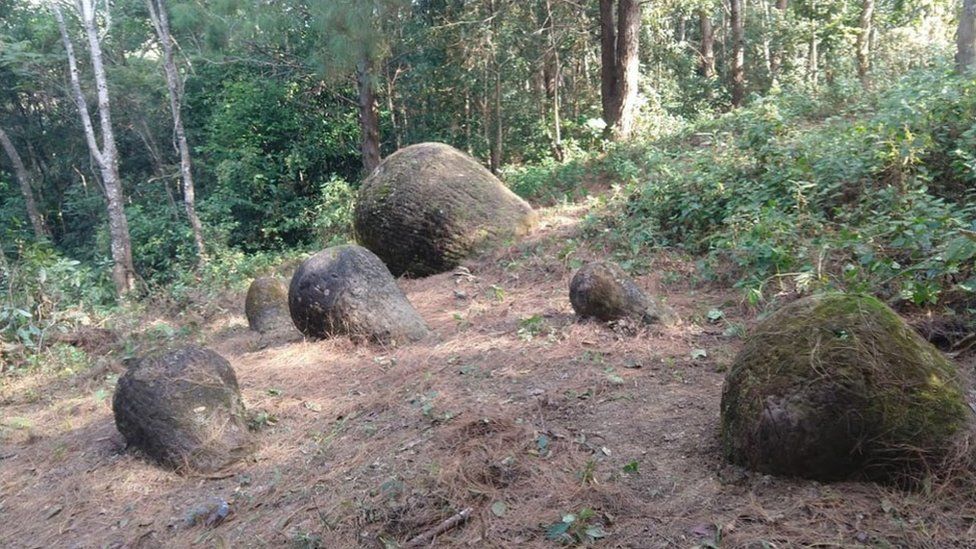
Researchers have uncovered giant “mysterious” jars in India that may have been used for ancient human burial practices.

In a new study, researchers examined a relatively new way to alter minds, which makes use of digital sounds to feed conflicting frequencies into each ear. By tuning in to these ‘binaural beats‘, some people report they can drop out, reduce pain, enhance memory, and ease anxiety and depression.
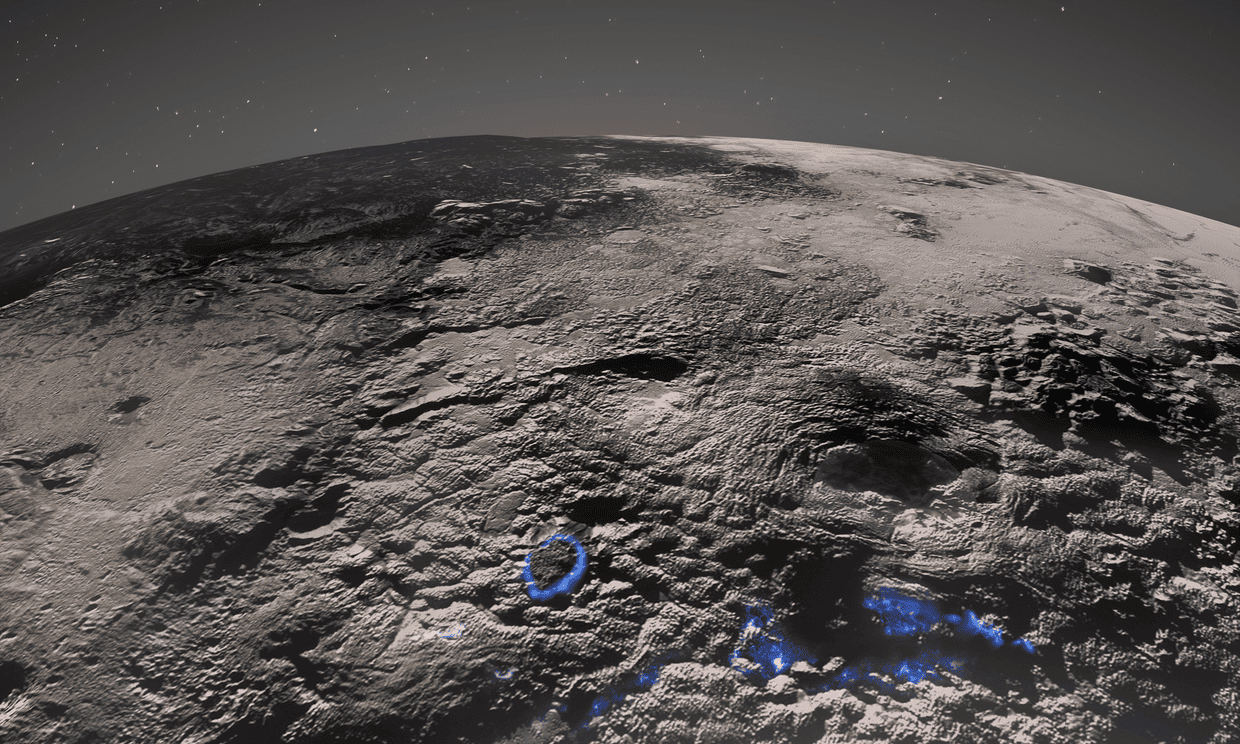
Existence of volcanoes makes idea that dwarf planet is inert ball of ice look increasingly improbable.
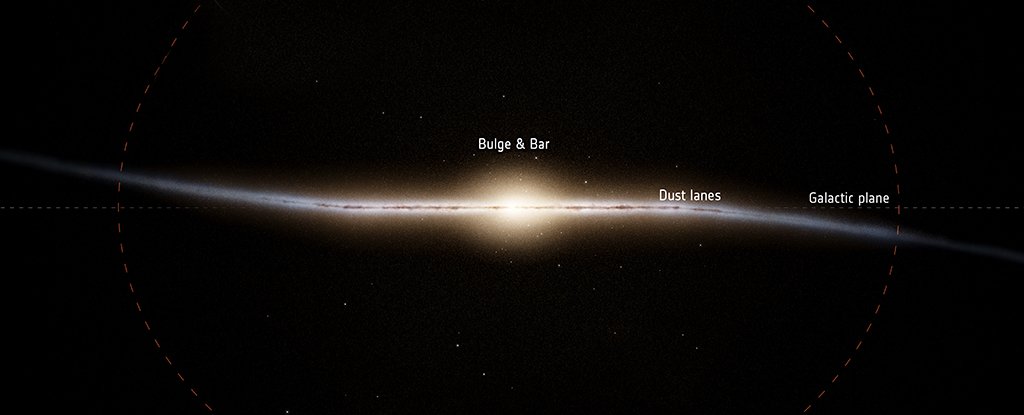
The Milky Way is older than astronomers thought, or part of it is. A newly-published study shows that part of the disk is two billion years older than we thought.

Scientists have detected a strange new type of high-frequency wave on the sun’s surface, and the waves are moving three times faster than scientists thought was possible.
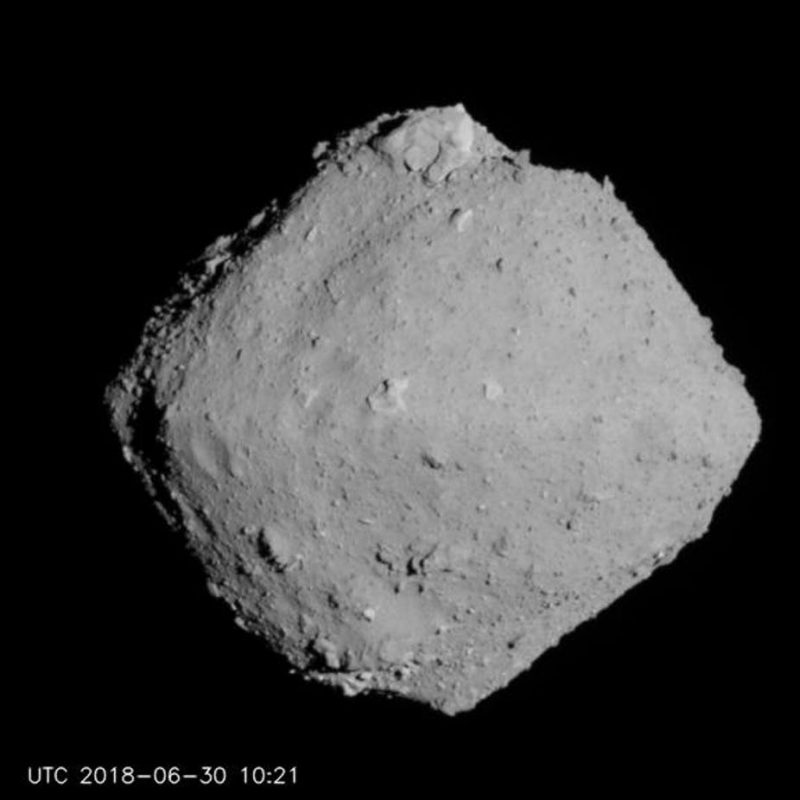
That’s according to researchers in Japan, who detailed their findings in two new papers presented at the 53rd annual Lunar and Planetary Science Conference in Texas, March 7 to 11, 2022.

The ancient tomb holds the remains of five people, including those of a woman and toddler who were buried with an array of grave goods, such as a crescent moon-shaped pendant, bronze mirror and gold earrings.
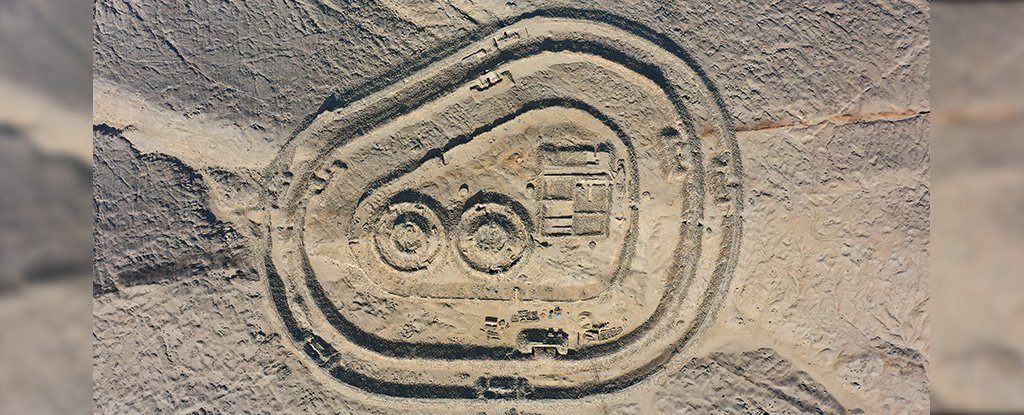
Long before the Incas rose to power in Peru and began to celebrate their sun god, a little known civilization was building the earliest known astronomical observatory in the Americas.
One of the most interesting things going on in Australian archaeology is the idea that Aboriginal food production systems may have involved domestication of some plant species. Was there some level of food production going on in Aboriginal groups that goes well beyond hunter-gathering?
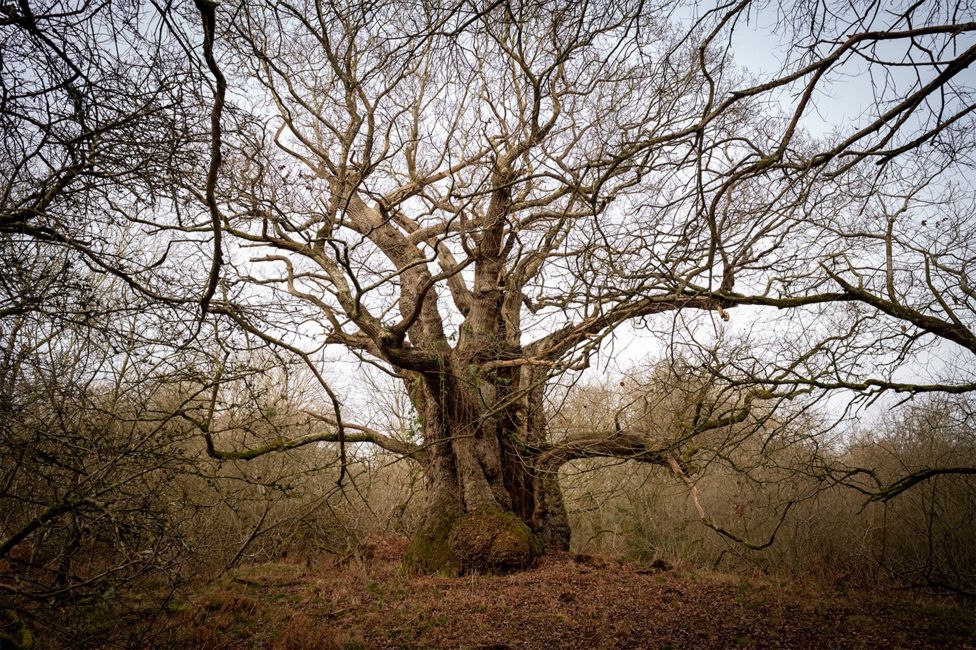
“They’ve lived for so long; just think what they’ve seen.” Forester Nick Baimbridge is gazing fondly at a majestic oak that has stood for more than a thousand years. On this wintry afternoon, birds sing from lichen-covered branches and a deer runs through the undergrowth.
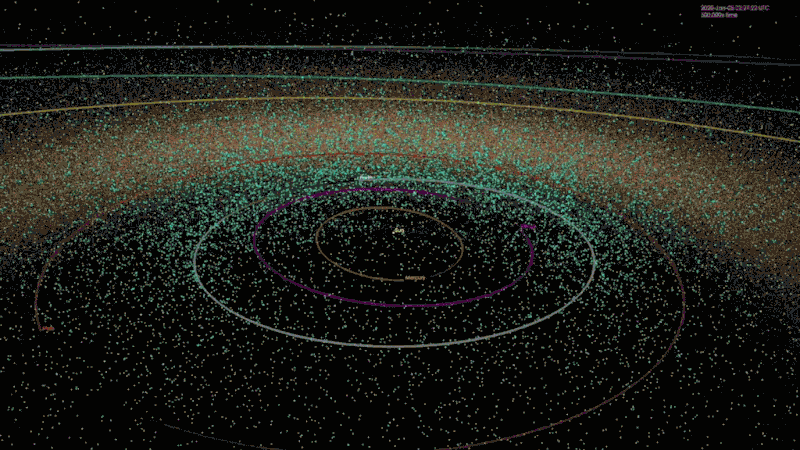
Overnight on March 24-25, 2022, another small asteroid raced toward Earth, unseen until hours before its closest approach.

According to calculations made a few years ago by University of Portsmouth physicist Melvin Vopson, this literal mass of visual imagery – along with half a billion tweets, countless texts, billions of WhatsApp messages, and every other bit and byte of information we’ve created – could be making our planet a touch heavier.
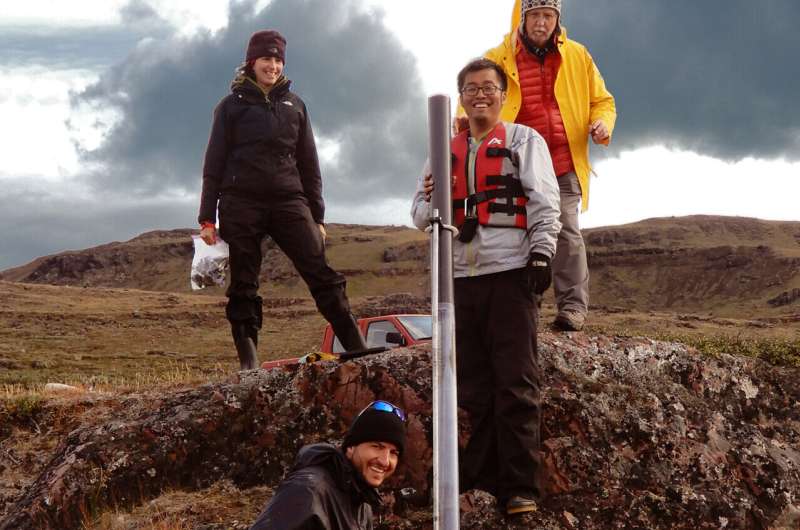
One of the great mysteries of late medieval history is why did the Norse, who had established successful settlements in southern Greenland in 985, abandon them in the early 15th century?

Peruvian historian and US archaeologist say the pre-Columbian town was called Huayna Picchu by the Inca people.








